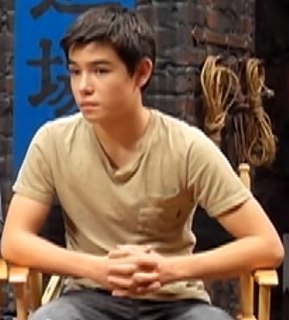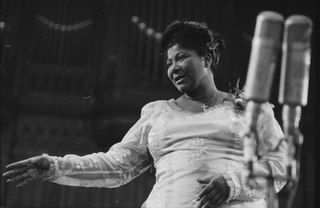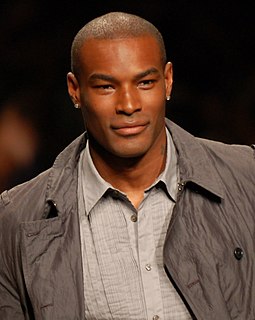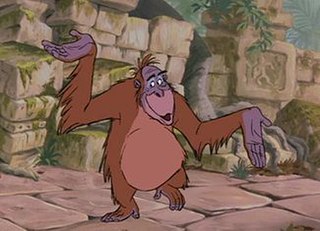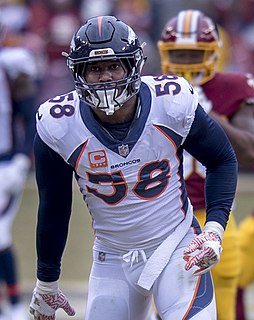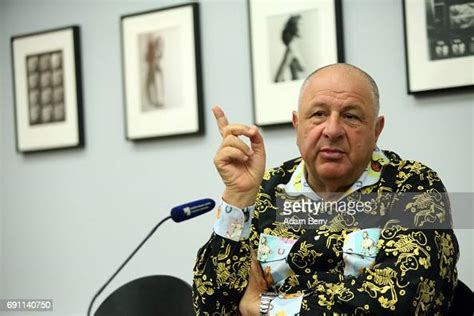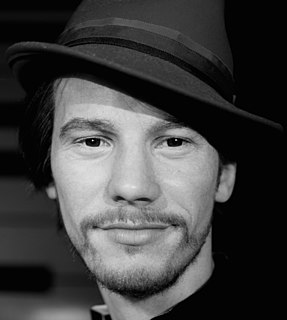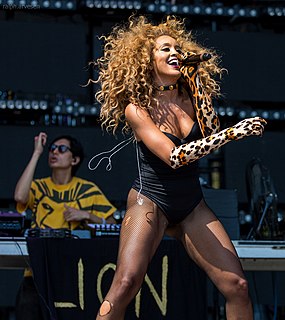A Quote by Mike Colter
Most of the people you look at in the early days of Harlem - the zoot suits, the music, the style of fashion, the vibrant colors - that's all influences from the south.
Related Quotes
I mean, a lot of people don't realize it, but fashion is one of the most racial industries left out there now. Radio and music aren't. Television and movies aren't. Even commercials now are showing interracial couples. You see a lot of diversity in TV shows, but you don't see that in fashion. You think there would be some, because the consumer is of all colors and all shades. But you don't see that in fashion.
Oh man, I love what the South brings as far as the soul, and I really have noticed from even the early days of listening to OutKast and Goodie Mob that Atlanta and the South has a diverse sound to it. You have bounce music. You have soulful musicians. You have artists with vocals who try to do different things.
I like Lil Wayne's style. His style probably influences me the most. Basically, he's just wearing exactly what he feels like wearing. He goes to the club, and he's got shorts and a wife-beater on. That shows you what type of celebrity he is and what he is able to pull off, fashion-wise. I try to be in that same lane.
Being able to connect with people with similar taste and style also allows people to get to know us better. Although we have been around for a little, some people listen to our music and some people don't listen to our music, so it's nice to be able to curate the sounds and show our influences. Although it's nice to go out and look fancy and dress up, you don't always go to parties where the music is a good so it's nice to be in a position to bring the vibes and create the experience.

